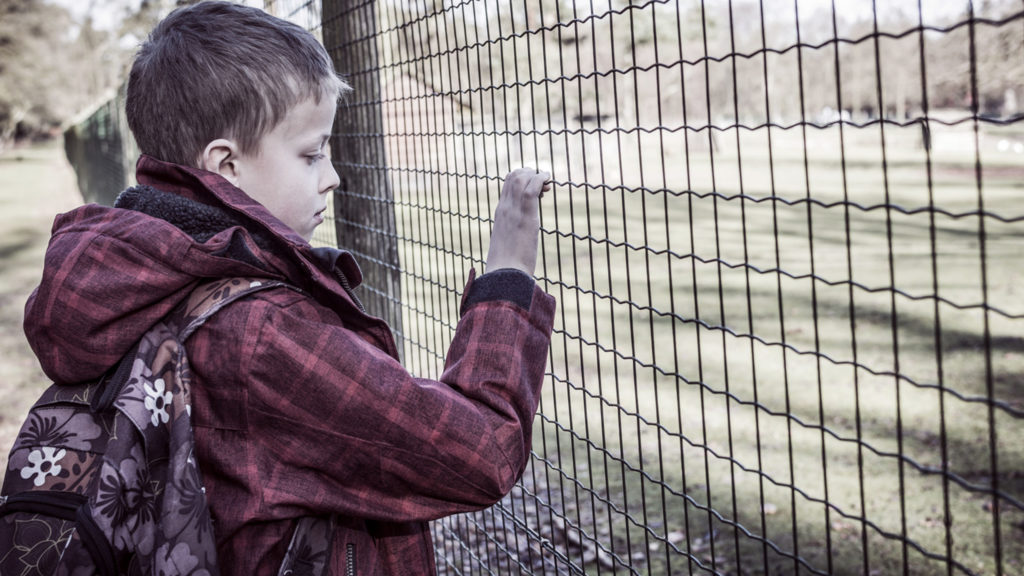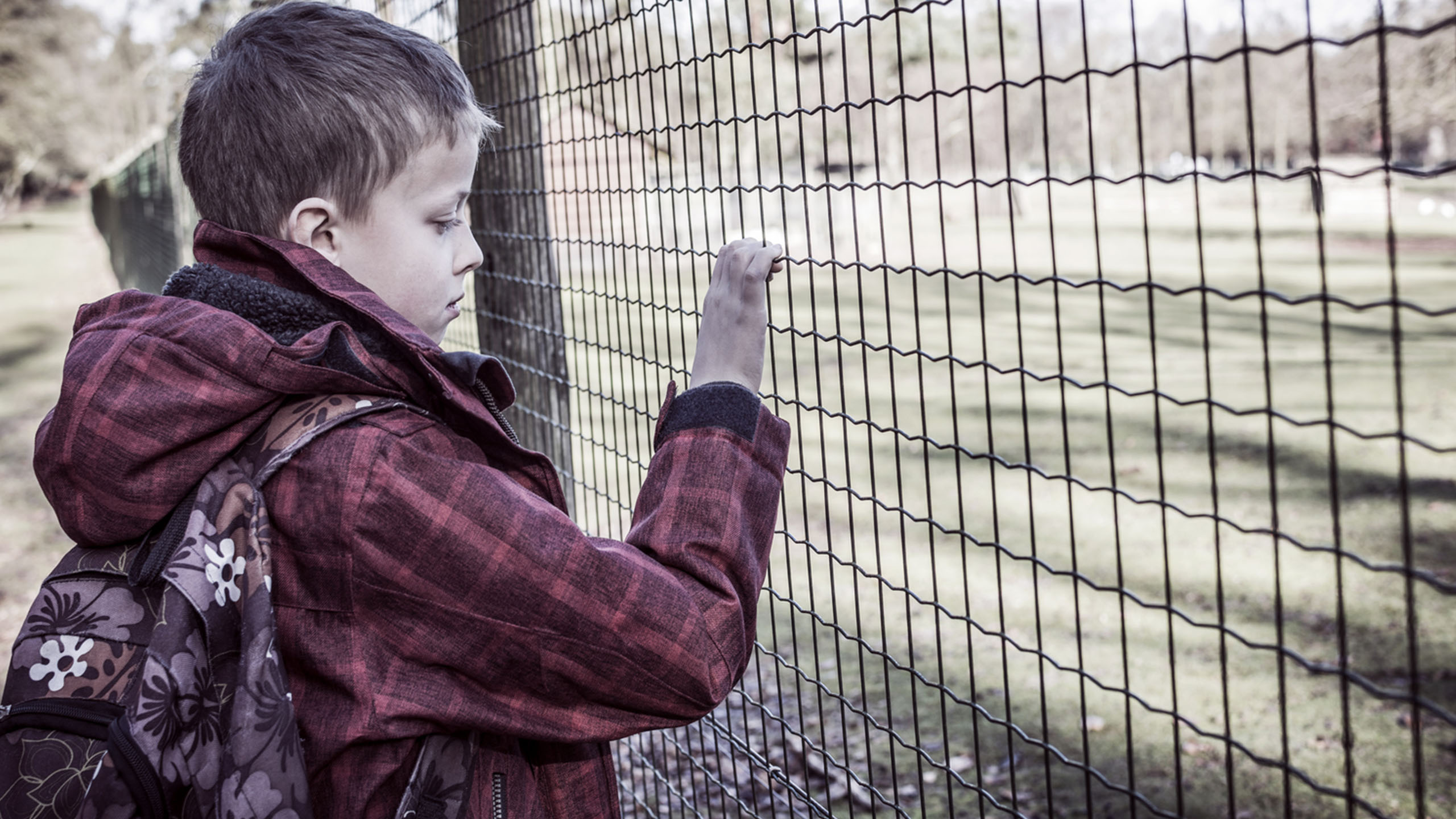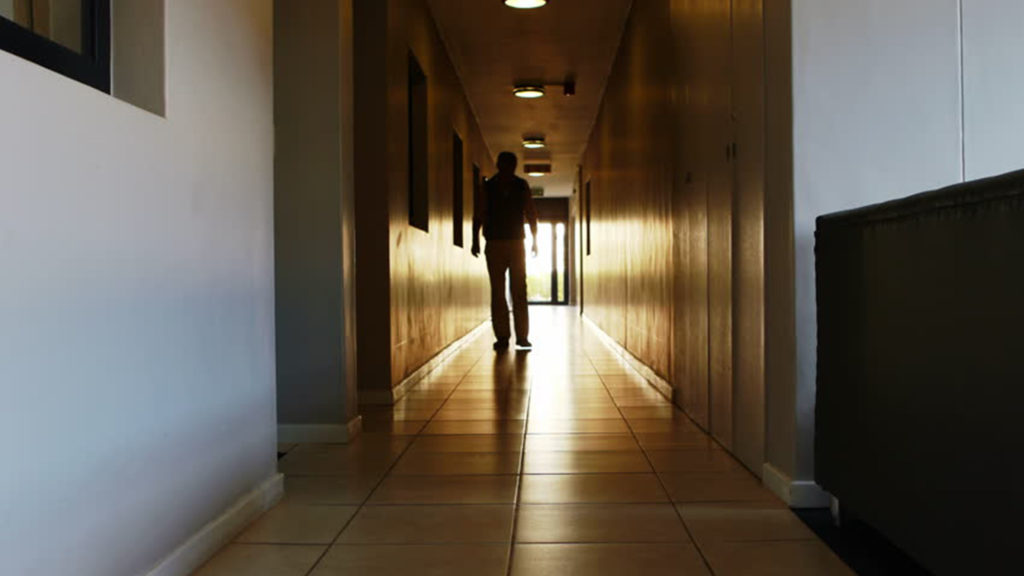Working in a pupil referral unit

Many visitors to our school have never been to a pupil referral unit and are often unsure as to what to expect.
Some are visibly nervous, expecting tables and chairs being thrown, unruly students roaming the corridors or violent outbursts by uncontrollable children with anger management issues.
Whilst some of these things happen occasionally, it is not really the norm. Sure, we do have students who can be exceptionally rude, unwilling to follow the most basic requests and experience some severe anger outbursts when they don’t get what they want. However, in general, we manage our students well and get them to do what they need to do to function in a positive environment; make progress and learn.
“…one of the biggest issues we face is a complete disengagement from education, a loss of any motivation or desire to achieve.”
Many of our students lack successful role models within their family structure and often have parents who don’t work and have never worked.
Some see their parents in low paid jobs, struggling to make ends meet, and have no desire to end up the same way. Some have absent fathers who work long hours and are not involved in managing the household or bringing up the children. We often see students whose mothers struggle to manage their children and their deteriorating behaviour as they grow older, without their partner’s support.
Many of our students are beyond parental control as they have been allowed to fend for themselves since early childhood. They were able to roam the streets in primary school, out late with one other, usually older children, exposed to substances and experiences young children should not have.
When a child’s behaviour at school deteriorates, parents are called in to support, but many try to implement strategies at home that don’t work or have little, if any, impact.

Some parents don’t have support from family members or the skills and disposition needed tomanage an increasingly challenging teenager.
By the time a student arrives at a pupil referral unit, parents have often given up and are powerless. Some are even scared of their children as they have worked out that an increase in bad behaviour, the threat to smash up the house or lash out, will eventually get them what they want.
We frequently see parents who are at the mercy of their children, powerless to break bad habits or have a positive impact on their child’s progress and achievement at school.
The level of lethargy some of our students display when they join us is tough to break and has impact on a variety of behaviours we try to address. The sad truth is that so many of our students don’t expect to find work or ever make it in the world of work.
They just feel that they don’t belong, that a mainstream environment is not something they could perform in.
The most prevalent behaviours we are addressing in our pupil referral unit are refusal to go to lessons, not following basic instruction and rules, not wanting to work, as well as disrupting lessons and walking in and out of classrooms.
Our most effective teachers manage this well by forging strong relationships with their students and preparing lessons that are interesting, relevant, manageable and well supported.
Our LSAs support struggling students by allowing them time out when they need it and by re-directing them back to work when they’re ready. Dealing with extreme emergency situations or out of control behaviours is not a daily occurrence, even though we do get our fair share of it.
“The reality of working in alternative provision is changing habits and attitudes, motivating students as well as parents and putting education back on their radar.”
The key to doing this successfully is being consistent in our approach and having an unrelenting drive to keep our students pushing towards working, achieving and believing in themselves.
The best AP practitioners understand that their role goes beyond teaching in the classroom – for so many of our students, we are parent, protector, carer, drawer of boundaries, listener, counsellor, mentor, anger regulator, whatever we need to be to keep their focus on education and prepare them for a mainstream world.
This kind of work in education is not for everyone but for those who want to go beyond classroom teaching, it’s the most fulfilling job in the world.







Responses